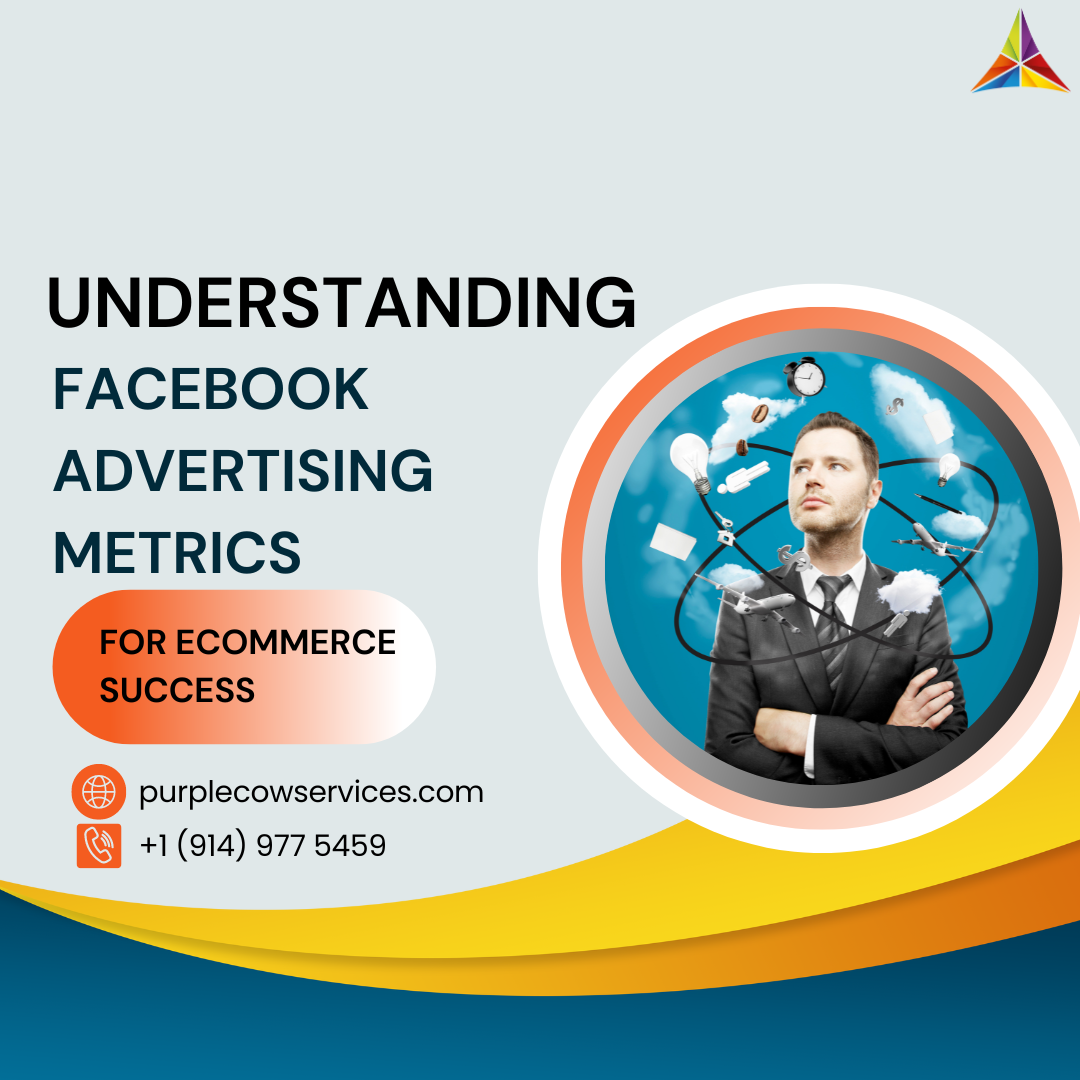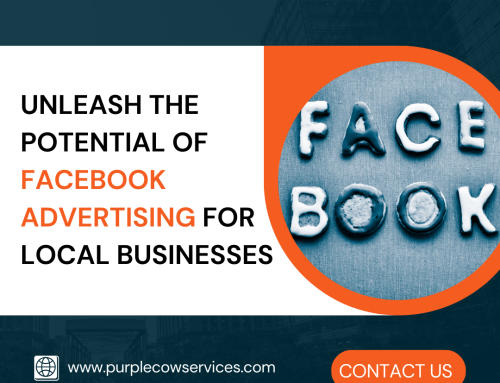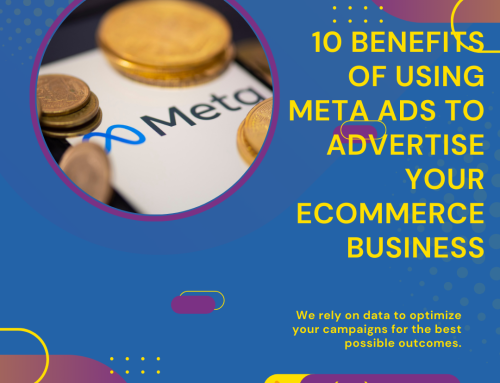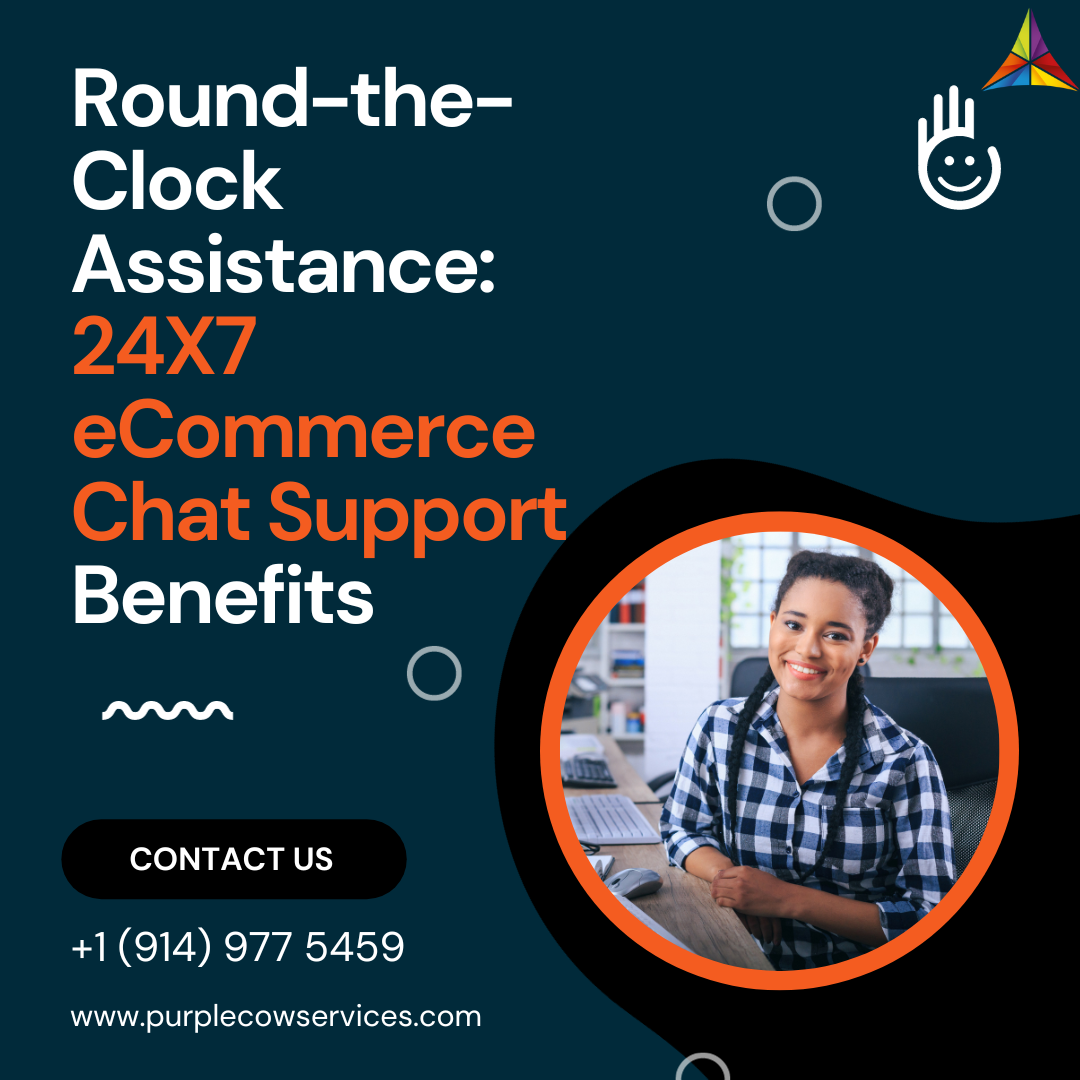Facebook advertising can be a highly effective tool for boosting sales and driving traffic to your eCommerce business. However, to make the most of your advertising efforts, it's essential to understand the various metrics that Facebook provides to track your campaigns. In this blog, we'll delve into the key metrics you need to know to achieve eCommerce success on Facebook.
Share This Story, Choose Your Platform!
Key Facebook Advertising Metrics
Reach
The reach metric refers to the number of people who saw your Facebook ad. This is a crucial metric, as the more people who see your ad, the more potential customers you have. However, it’s important to note that not all of the people who see your ad will be interested in your product, so it’s essential to track other metrics to evaluate the effectiveness of your ad.
Clicks
Another vital metric for measuring the effectiveness of your Facebook ad campaign is the clicks. They refer to the number of times someone clicks on your ad. This can be an indication of the relevance of your ad to your target audience. However, it’s essential to track the type of clicks your ad receives to evaluate its effectiveness fully. For example, you’ll want to track clicks to your website, clicks to your Facebook page, and clicks to your app store, as each type of click can be an indication of the effectiveness of your ad.
Impressions
Impressions refer to the number of times your ad was shown to Facebook users. This metric can be a useful tool for measuring the effectiveness of your ad campaign, as it gives you a sense of how many people are seeing your ad. However, it’s important to keep in mind that impressions are not the same as reach. While reach refers to the number of people who saw your ad, impressions refer to the number of times your ad was shown. Therefore, a high number of impressions does not necessarily mean that your ad is effective.
Frequency
Frequency is the average number of times your ad was shown to each person who saw it. This metric can be a useful tool for evaluating the effectiveness of your ad campaign. If your frequency is too high, it can indicate that your ad is not resonating with your target audience, as they are seeing it too often. On the other hand, if your frequency is too low, it can indicate that you need to increase your ad spend to reach more people.
Click-Through Rate (CTR)
Click-Through Rate (CTR) refers to the percentage of people who clicked on your ad after seeing it. This is a vital metric for measuring the effectiveness of your ad campaign. It gives you a sense of how many people are showing interest in your product. A high CTR indicates that your ad is resonating with your target audience, while a low CTR may indicate that you need to adjust your ad’s content, targeting, or bidding strategy.
Cost Per Click (CPC)
Cost Per Click (CPC) refers to the average amount you pay each time someone clicks on your ad. This metric can be a useful tool for evaluating the effectiveness of your ad campaign, as it gives you a sense of how much you’re paying for each click. A low CPC indicates that you’re getting more clicks for your advertising spend, while a high CPC may indicate that you need to adjust your bidding strategy or target a more specific audience.
Return on Ad Spend (ROAS)
Return on Ad Spend (ROAS) is a metric that measures the amount of revenue generated from each dollar spent on advertising. This metric is a vital tool for evaluating the effectiveness of your ad campaign, as it gives you a sense of how much revenue your ad is generating. A high ROAS indicates that your ad is generating a significant return on your advertising spend, while a low ROAS may indicate that you need to adjust your ad’s content, targeting, or bidding strategy to improve its effectiveness.
Conversion Rate
Conversion rate is a metric that measures the percentage of people who completed a desired action, such as making a purchase or filling out a form, after clicking on your ad. This is an essential metric for measuring the effectiveness of your ad campaign, as it gives you a sense of how many people are taking action after seeing your ad. A high conversion rate indicates that your ad is effectively driving sales or leads, while a low conversion rate may indicate that you need to adjust your ad’s landing page or call-to-action.
Cost Per Acquisition (CPA)
Cost Per Acquisition (CPA) refers to the average amount you pay to acquire a customer through your Facebook ad campaign. This metric is a vital tool for evaluating the effectiveness of your ad campaign, as it gives you a sense of how much you’re spending to acquire each new customer. A low CPA indicates that your ad campaign is effectively driving sales or leads at a reasonable cost. On the other hand, a high CPA indicates that you need to adjust your ad’s content, targeting, or bidding strategy to improve its effectiveness.
Optimize Facebook Ads by Analyzing and Tracking Metrics
Now that you have a better understanding of the essential metrics for Facebook advertising, it’s important to track and analyze them regularly to optimize your ad campaigns for eCommerce success. By monitoring these metrics, you can identify areas of improvement and adjust your ad campaign accordingly, ultimately increasing your sales and ROI.
Facebook advertising can be a powerful tool for driving eCommerce success, but understanding and tracking the key metrics is crucial. Reach, clicks, impressions, frequency, CTR, CPC, ROAS, conversion rate, and CPA are all essential metrics to monitor and analyze to improve your ad campaigns’ effectiveness. By utilizing these metrics, you can optimize your ad campaigns and achieve your eCommerce goals. So start tracking and analyzing your Facebook ad metrics today, and see the results for yourself!
Purple Cow helps you understand Facebook advertising metrics for eCommerce success. With key metrics such as reach, clicks, impressions, frequency, CTR, CPC, and ROAS, you’ll be able to evaluate the effectiveness of your ad campaign and generate more revenue with each click. Don’t blend in with the crowd – stand out with Purple Cow.
Share This Story, Choose Your Platform!
In This Blog:

















